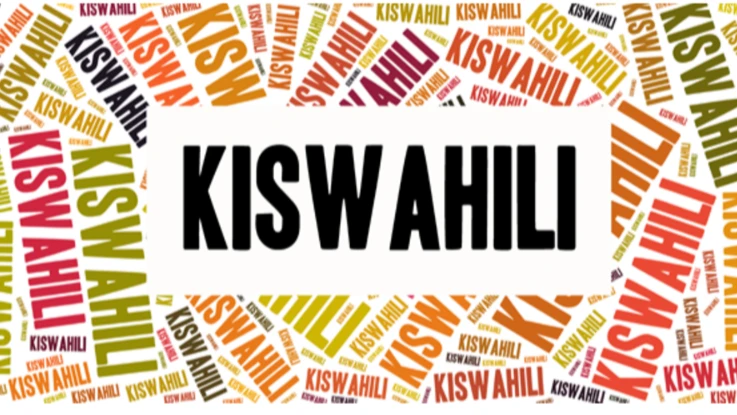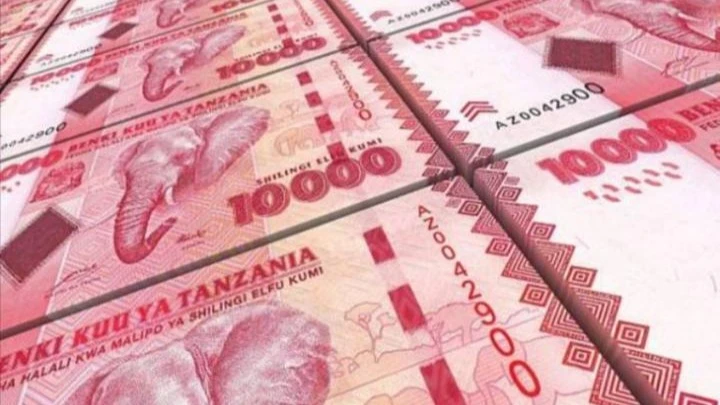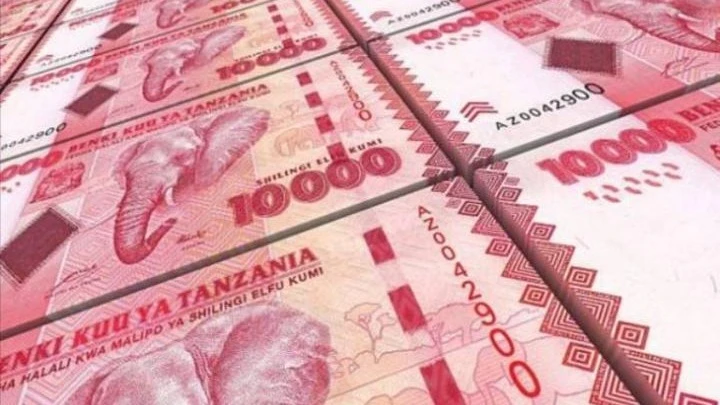UNESCO endorses Kiswahili even as its modernisation role remains in abeyance

THERE is another plus for those has in charge of Kiswahili language propagation with a milestone in the wake of a declaration by the United Nations Educational, Scientific and Cultural Organisation (UNESCO), approving its use as among official languages in its general conferences.
This decision was issued at the 43rd UNESCO general conference in Samarkand, Uzbekistan, which local experts say it marks a significant advancement in the global recognition of African languages and cultural heritage. This recognition is evidently of considerable cultural importance as well as some commercial use in teaching it in various countries, or getting more tourists speaking the language, etc. Yet its strategic role in Tanzania or East Africa isn’t too rosy.
Efforts to widen the use of Kiswahili are set between the potential of cultural pluralism amid globalization, as various apps and platforms make it easier for many people to link with language groups or communities as the case maybe. The other dimension is technical where the language is taken for granted as a mass use vehicle but not a language of commerce, as visitors need to be attended by someone familiar with English, while handling goods or specifics for this or that product in a shop mostly demands being at ease with English. Kiswahili is used for exotic needs say if one has a penchant for pleasures or airs of relaxation in the sub-region, to try and localize.
Another question emerging is whether there can be a sharp difference in our view of Kiswahili as a country in relation to what outsiders see the language, for instance of its acceptance by the UN body is explained in like manner as we wish. When we hear that in the wake of this approval, Tanzania has now the privilege to deliver an official address to the conference in Kiswahili, not a number of countries in East Africa for that matter, does that improve the language or the country as a cultural event? In keeping with this observation about the language being exotic, it is clear the Tanzania delegation now has the luxury of using its national language but in a symbolic way.
This recognition by the UN agency will not change the position of the language in conducting business in Dar es Salaam or elsewhere; no one will see a large number of businesses changing their names to Kiswahili, etc. On the contrary, it will beef up efforts to widen Kiswahili word creation or boost current activity, facilitating word creation chiefly in areas where an English language equivalent is hard to get, for instance the ‘mtaa executive officer’ terminology adopted by Regional Administration and Local Governments as official designation. The word street is not usable while ‘neighbourhood’ is plausible but indefinite, so ‘mtaa’ stands as a helpful term. When ministers read annual budget estimates, it is an occasion to actually live the terminology change effort as government agencies make an effort to adopt terms or names as the case may be.
That is why making Kiswahili the first African-origin language to gain official use status in a world organisation is largely symbolic, as it doesn’t erode the status of English in doing business even here in the country. The fact that other African countries are unlikely to use it even in UNESCO conferences shows its substantial limitations, as an international language used exclusively by one country, if it so wishes. We can only have limited celebration about this.
Top Headlines
© 2026 IPPMEDIA.COM. ALL RIGHTS RESERVED

















